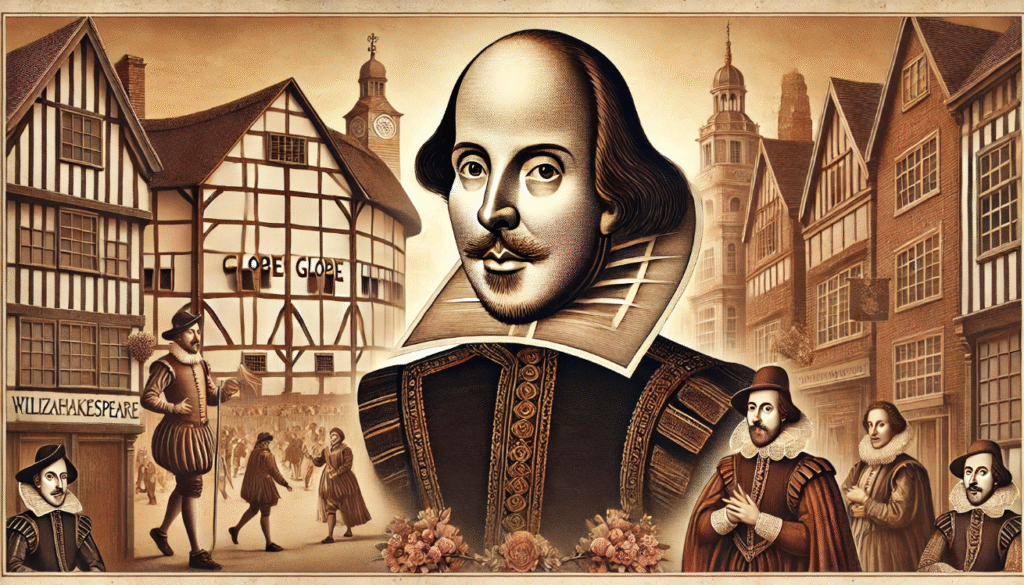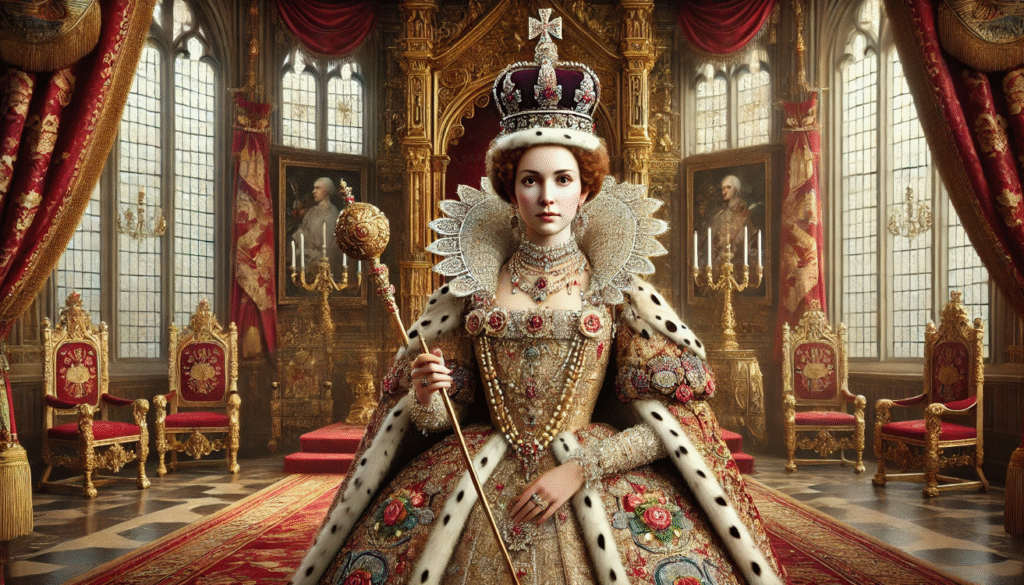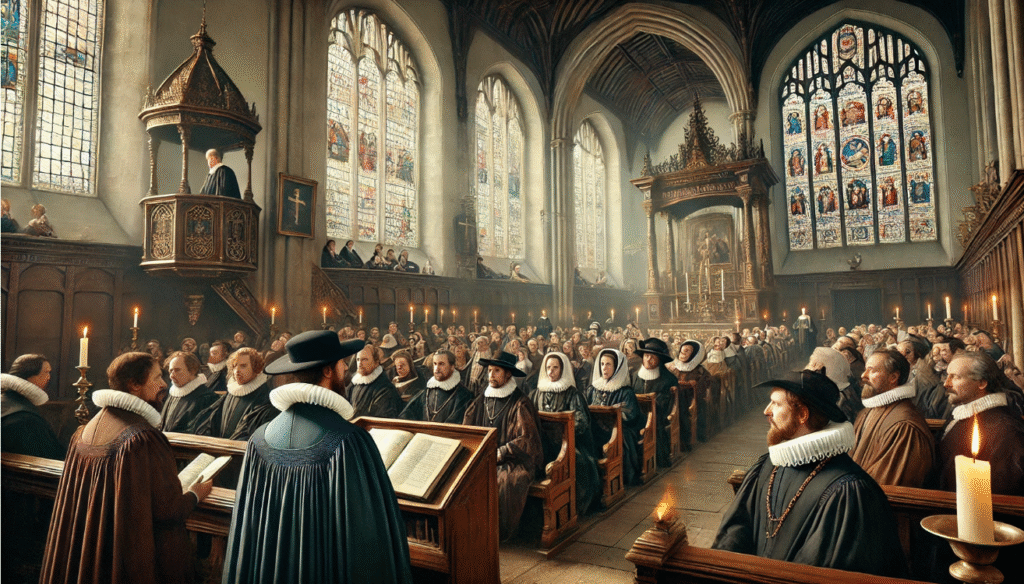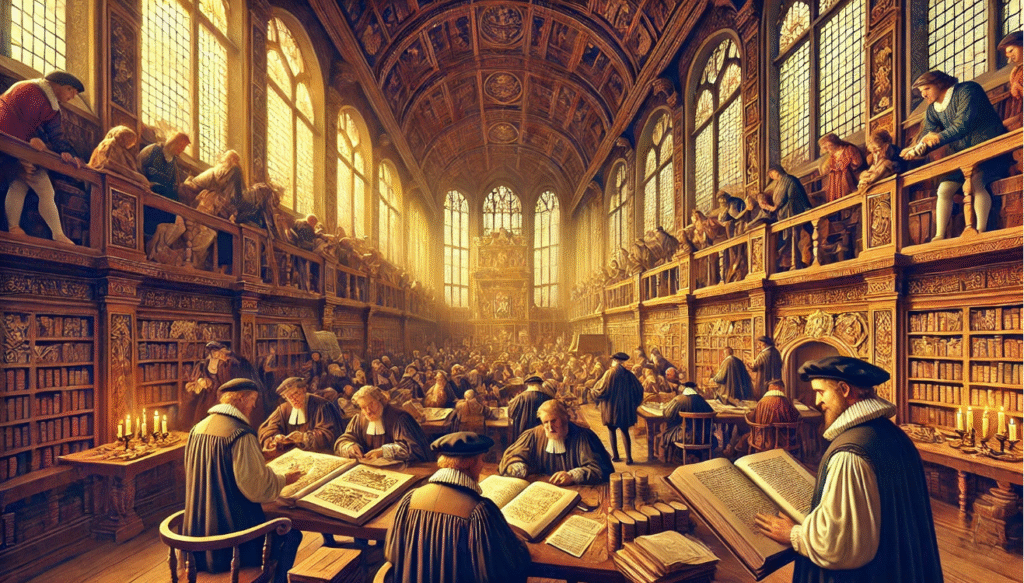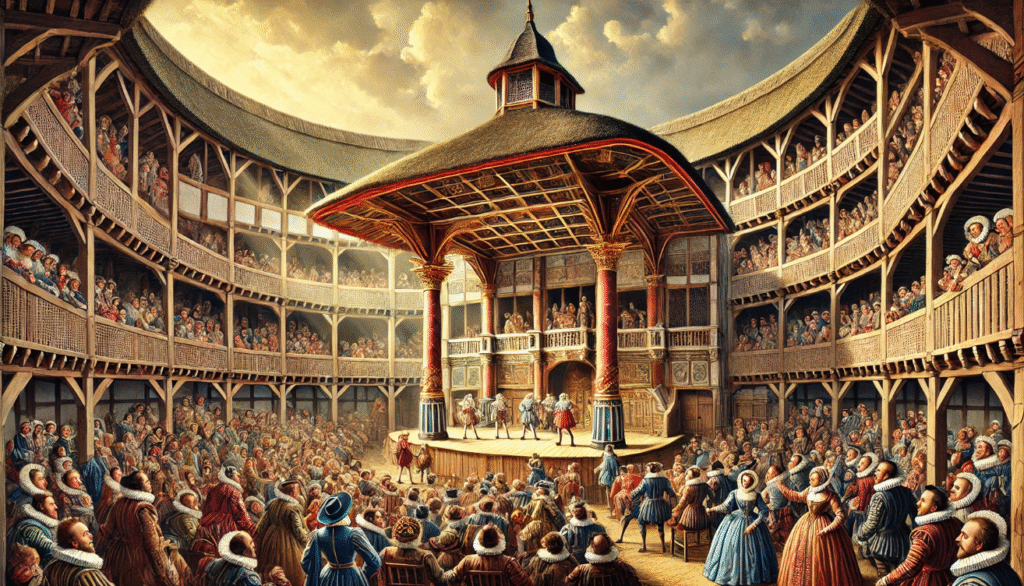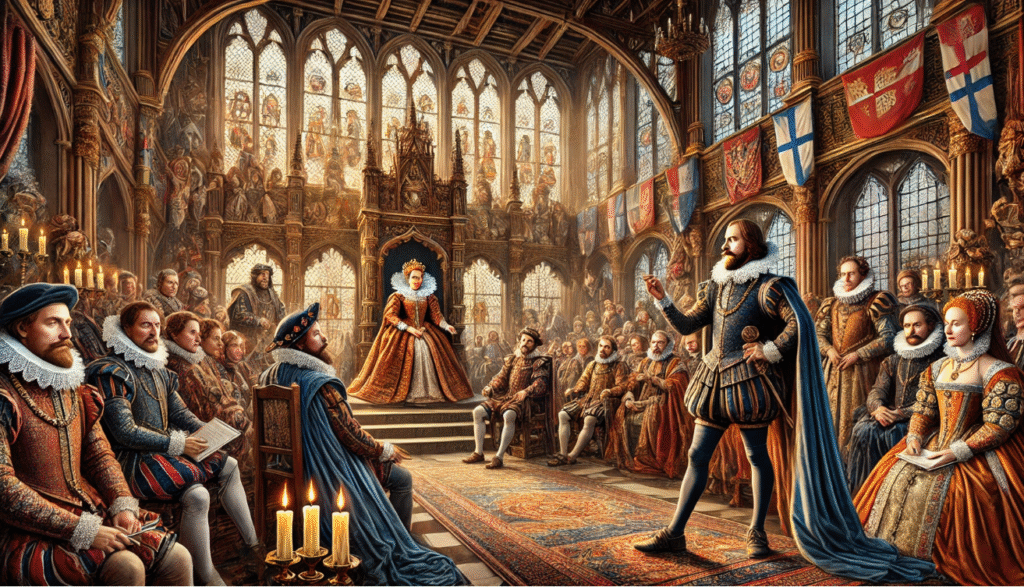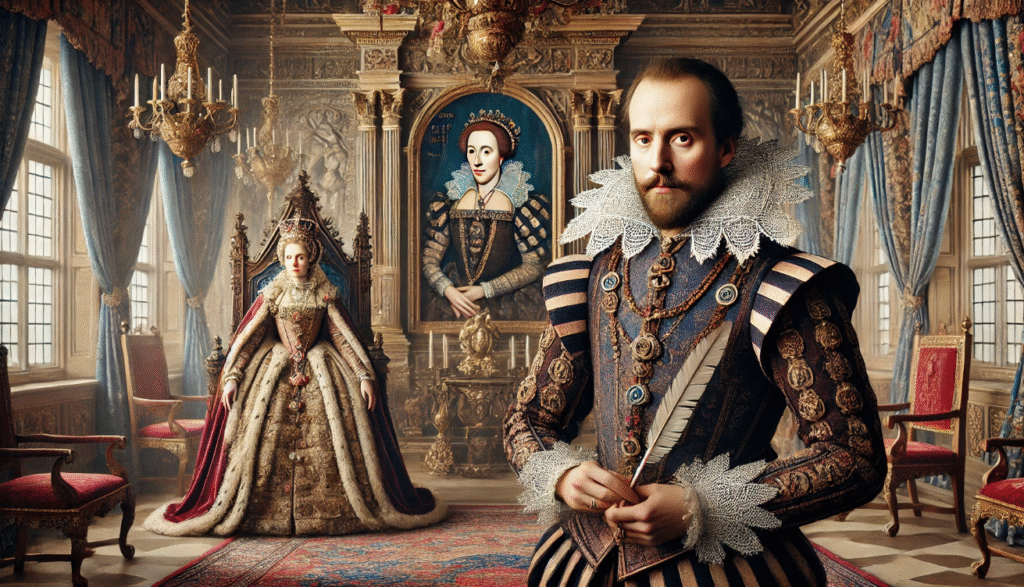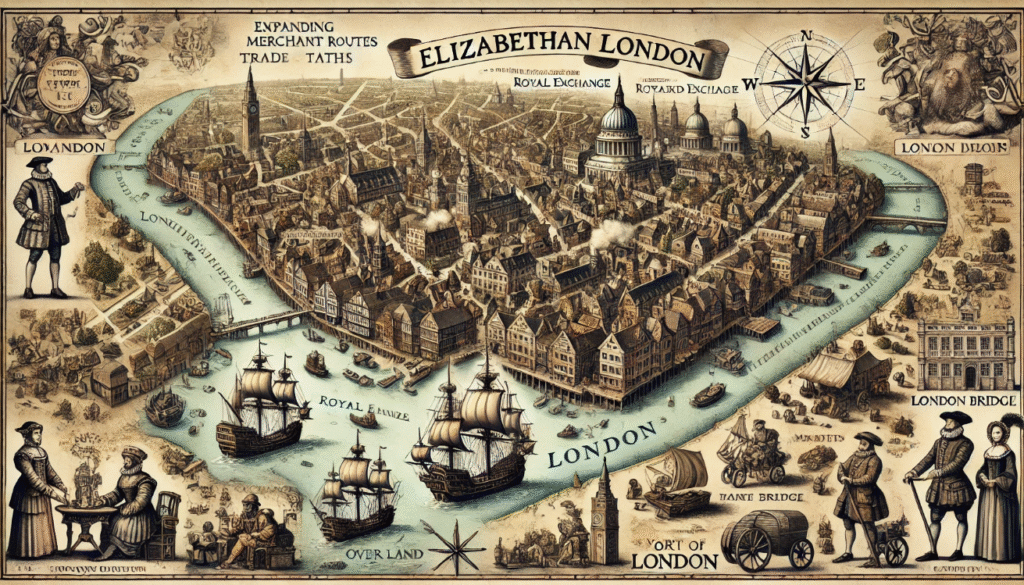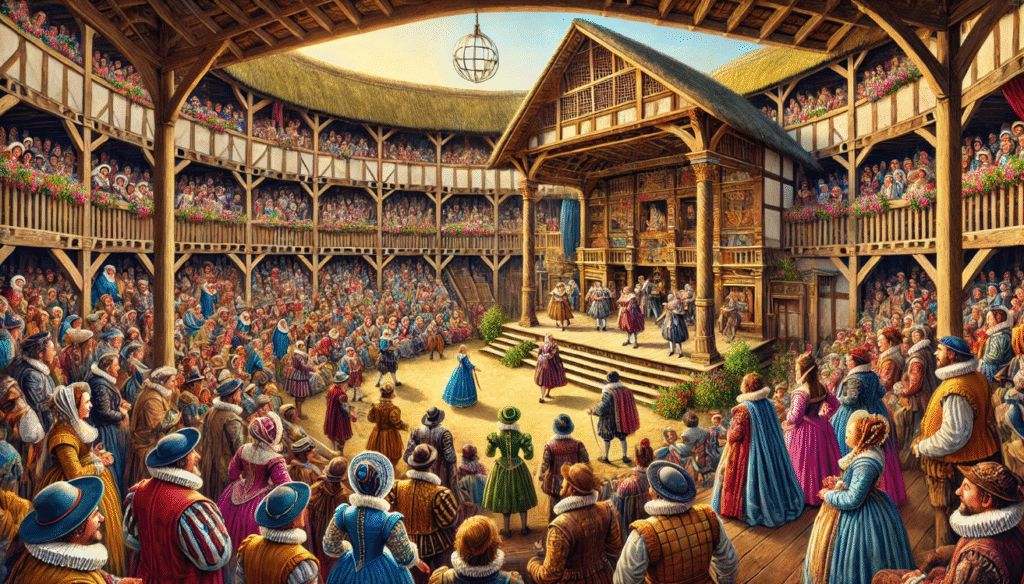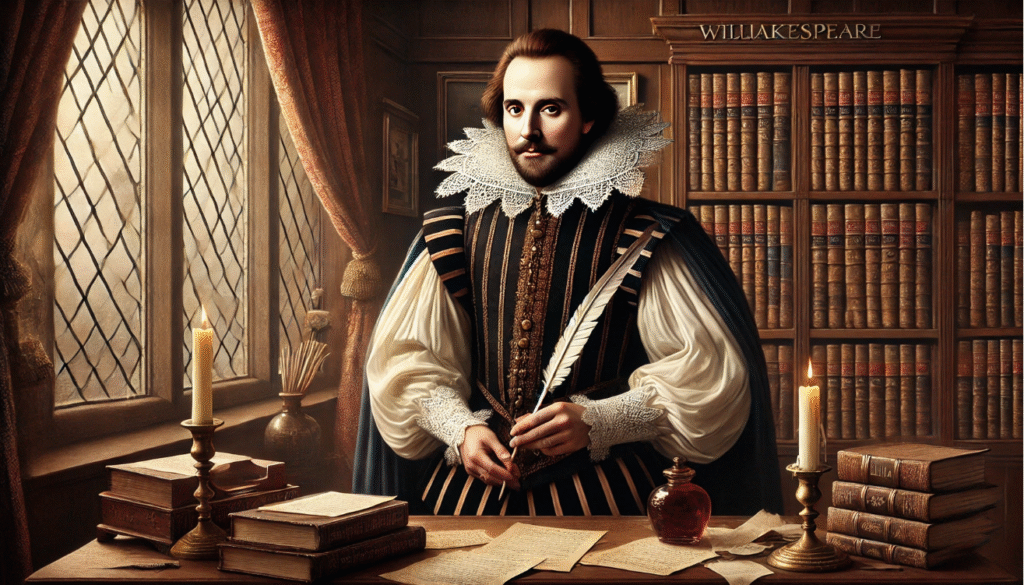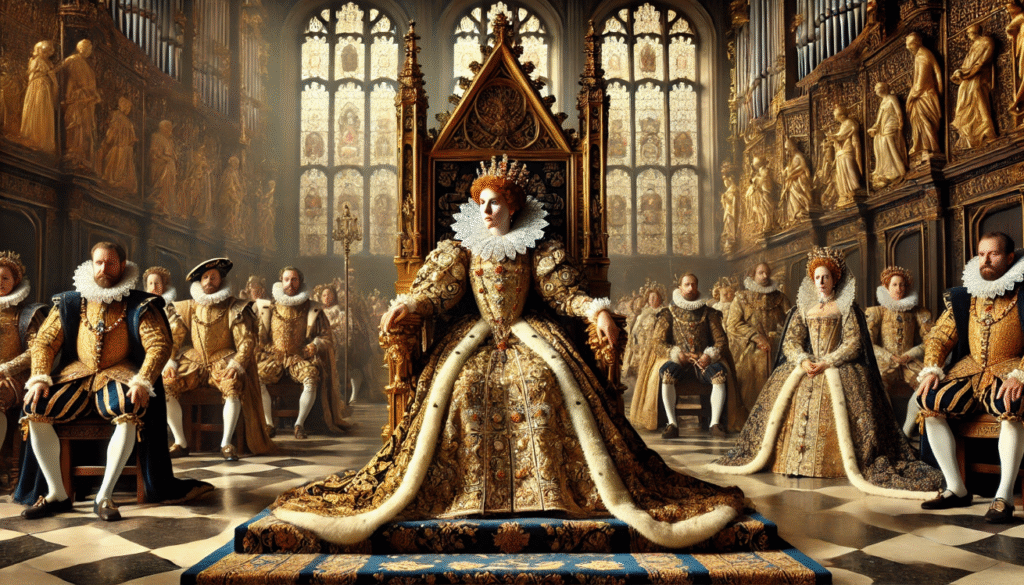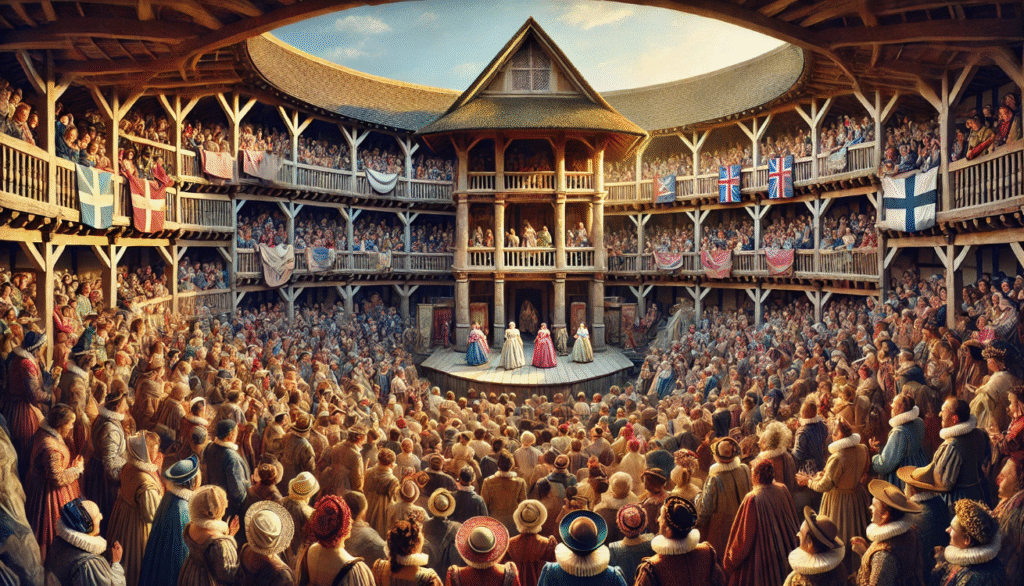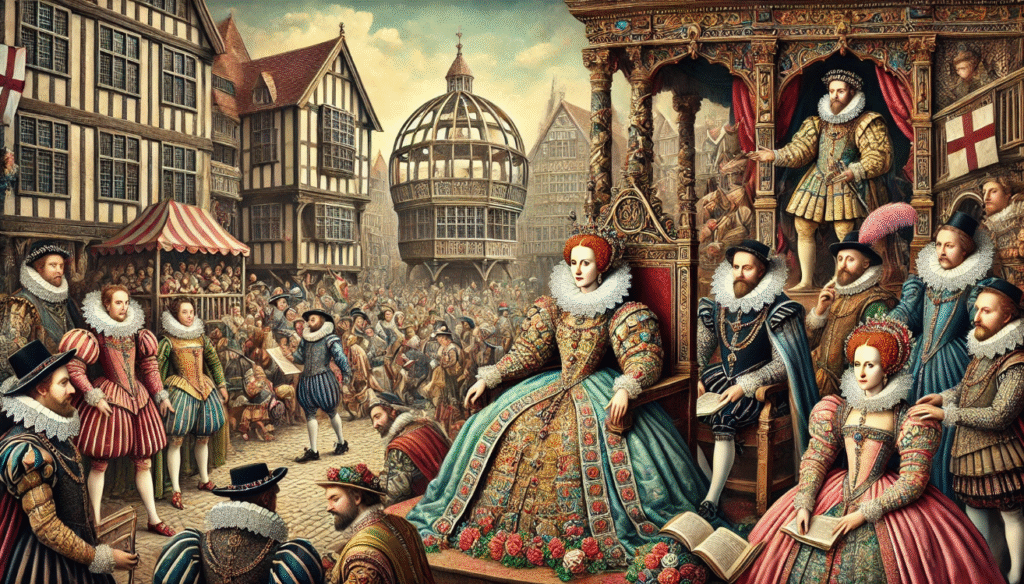 Shakespeare’s influence on Elizabethan society which existed during the reign of Queen Elizabeth I from 1558 to 1603, was characterized by a rigid social hierarchy, with the monarch at the top and commoners at the bottom. The era was marked by a flourishing of the arts, including literature, theater, and music. The Renaissance also brought about a renewed interest in classical learning and the arts. As for William Shakespeare, he was a prominent figure in Elizabethan society, known for his contributions to English literature and theater. His plays and sonnets are still widely studied and performed today, and he is often regarded as one of the greatest writers in the English language.
Shakespeare’s influence on Elizabethan society which existed during the reign of Queen Elizabeth I from 1558 to 1603, was characterized by a rigid social hierarchy, with the monarch at the top and commoners at the bottom. The era was marked by a flourishing of the arts, including literature, theater, and music. The Renaissance also brought about a renewed interest in classical learning and the arts. As for William Shakespeare, he was a prominent figure in Elizabethan society, known for his contributions to English literature and theater. His plays and sonnets are still widely studied and performed today, and he is often regarded as one of the greatest writers in the English language.
Shakespeare’s influence on Elizabethan society influenced Elizabethan culture, literature, and social norms, leaving an enduring legacy. His plays and poems reflected and shaped the values, beliefs, and language of his time, and continue to have a significant impact on literature and the arts today.
Setting the Stage: Elizabethan Society and Its Context

During the Elizabethan era, England experienced a flourishing economy driven by trade, exploration, and the growth of industries such as textiles and mining. The country also experienced a period of relative stability under the rule of Queen Elizabeth I, and the political landscape was marked by a centralized monarchy and the establishment of the Church of England. In terms of social hierarchy, Elizabethan society was heavily stratified, with the nobility and gentry holding significant power and privilege, while the lower classes faced economic hardship and limited social mobility. The arts and theatre played a pivotal role in Elizabethan culture, with playwrights such as William Shakespeare and Christopher Marlowe producing some of the most enduring works of English literature.
Shakespeare’s Role in the Development of Elizabethan Theatre

The theatre has evolved and gained popularity through various contributions, including innovations in stagecraft. These include advancements in storytelling techniques, character development, and the use of language. These innovations have helped to captivate audiences and bring new depth to theatrical productions, ultimately contributing to the continued success and evolution of the theatre.
Shakespeare’s partnership with the Globe Theatre was a significant aspect of his career and legacy. The Globe Theatre was one of the most important theaters in London during Shakespeare’s time, and it was where many of his most famous plays were performed. The partnership allowed Shakespeare to showcase his work to a wide audience and solidify his reputation as one of the greatest playwrights in history. The Globe Theatre also played a crucial role in the popularization of his plays and the preservation of his work for future generations. Overall, Shakespeare’s partnership with the Globe Theatre was a crucial part of his success and enduring legacy.
Shakespeare’s Influence on Language and Literature

The introduction of new words and phrases into the English language is a natural and ongoing process. Words and phrases are constantly being coined, borrowed, or adapted to reflect changes in society, technology, and culture. This process is often driven by the need to express new concepts or ideas, or simply to add variety and nuance to the language. The richness of the English language is evident in the use of metaphors, soliloquies, and other poetic devices, which not only add depth and beauty to writing but also contribute to the evolution of the language. As new words and phrases are introduced, they become part of the ever-growing tapestry of English, reflecting the dynamic and diverse nature of human communication.
Shakespeare’s works have become a model for future writers and playwrights due to his innovative use of language, complex characters, and timeless themes. His ability to blend tragedy and comedy, and explore the human condition in a way that still resonates with audiences today, has set a high standard for aspiring writers and playwrights to strive for. Additionally, his versatile use of verse, prose, and blank verse has inspired countless artists to experiment with different forms of storytelling. Overall, Shakespeare’s lasting impact on literature and drama has solidified his position as a literary giant and a source of inspiration for generations of writers and playwrights.
Social Commentary Through Shakespeare’s Plays

Shakespeare’s works served as a reflection and critique of the norms of Elizabethan society by delving into themes such as power, class, gender, and morality. Through his plays and sonnets, he explored the complexities of power dynamics, the rigid class structure, and the expectations placed on individuals based on their gender. He also delved into moral dilemmas and societal expectations, shedding light on the flaws and injustices of the era. By addressing these themes, Shakespeare provided a critical examination of the societal norms of his time, provoking thought and discussion about the human experience and the structures that govern society.
“Macbeth” is a classic play by William Shakespeare that explores the destructive nature of ambition for power. The main character, Macbeth, becomes consumed by his desire for power and ultimately pays a heavy price for his ruthless pursuit of it. “Romeo and Juliet” is another iconic play by Shakespeare that delves into the themes of family loyalty and societal pressures. The two young lovers, Romeo and Juliet, are torn between their love for each other and the expectations of their feuding families. The play provides a poignant commentary on the impact of family and societal pressures on personal relationships.
Shakespeare’s Impact on Elizabethan Everyday Life

Shakespeare’s plays were relatable to both common people and the nobility because they tackled universal themes such as love, betrayal, ambition, and power. His characters and their struggles resonated with audiences from all walks of life, allowing them to see themselves reflected in his work. This made his plays influential in shaping public discourse and everyday conversations, as people found themselves discussing and debating the themes and characters he presented on stage. Shakespeare’s ability to capture the human experience in such a universal way has continued to make his work relevant and influential to this day.
Integration of his themes into festivals, courtly entertainments, and daily storytelling was a common practice during his time. The themes of his work were often celebrated and showcased in various forms of entertainment, from grand festivals to intimate courtly gatherings. Additionally, his stories were frequently retold in daily storytelling sessions, ensuring that his themes remained relevant and influential in the cultural landscape of the time. This integration of his themes into various forms of entertainment and storytelling served to solidify his impact on the society and ensure that his work continued to be celebrated and remembered for generations to come.
Cultural Legacy: Beyond the Elizabethan Era

Shakespeare’s works have had a profound impact on shaping perceptions of Elizabethan society in later generations. His plays and sonnets provide rich insight into the cultural, social, and political dynamics of the time, offering a window into the complexities of Elizabethan England. Furthermore, Shakespeare’s influence extends far beyond the Elizabethan era, continuing to shape modern theatre, film, and literature. His characters, themes, and language have become integral to the canon of Western literature, and his works continue to be adapted and reimagined in various artistic mediums. In this way, Shakespeare’s legacy continues to inform and inspire contemporary interpretations of society, culture, and human experience.
The themes and ideas of certain thinkers and philosophers have continued to be relevant in contemporary culture due to their ability to address enduring human questions and concerns. Their exploration of topics such as ethics, justice, and the nature of reality still resonate with people today, as they continue to grapple with these fundamental issues. Additionally, the impact of these thinkers on various fields, such as literature, art, and politics, has also contributed to the ongoing relevance of their ideas in modern society. Overall, their ideas remain significant as they provide valuable insights and perspectives that continue to shape and inform our understanding of the world around us.
Criticism and Controversies in His Time
Shakespeare’s works have been a subject of debate and criticism for centuries. Some of his plays challenged societal norms of the time, such as gender roles and political power dynamics, which led to controversy and backlash from certain individuals and groups. Additionally, there has been ongoing debate over the true authorship of Shakespeare’s works, with some scholars and conspiracy theorists questioning whether he was the sole creator of his plays and sonnets. These debates and criticisms have sparked a great deal of scholarly research and analysis, adding to the enduring fascination and complexity of Shakespeare’s legacy.
Shakespeare’s influence on Elizabethan society was truly multifaceted. Not only did his plays entertain the masses, but they also served as a reflection of the societal values and norms of the time. His exploration of themes such as love, power, and betrayal provided a platform for the people to engage with the complexities of human nature. His enduring legacy is evident in the way his works continue to shape culture, language, and societal values. Many of his coined phrases and expressions have become ingrained in the English language, and his plays are still performed and studied worldwide. The themes he explored continue to resonate with audiences, making his work a timeless mirror of human nature.

